
Monthly
Stainless Trivia
Fill in your answer below
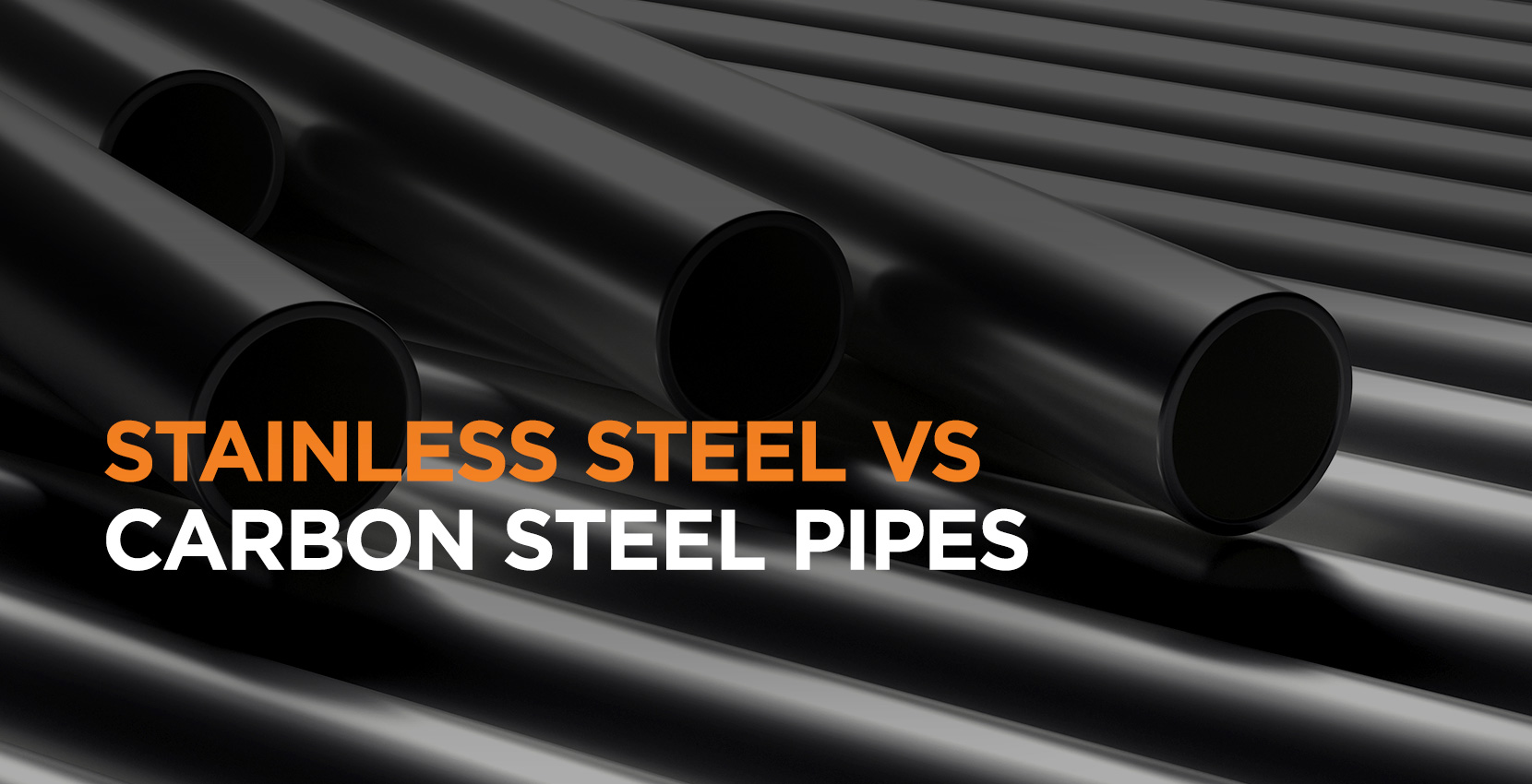
Stainless Steel vs Carbon Steel Pipes
Stainless Steel vs Carbon Steel Pipes for Your Application
When it comes to selecting the perfect material for your pipe application, carbon steel and stainless steel emerge as the top contenders. Each material offers distinct advantages, and the choice depends on specific job requirements. In this article, we delve into the differences between carbon steel and stainless steel pipes, examining their properties and how they impact the performance of your application.
Why Stainless Steel
For Durability and Corrosion Resistance: Stainless steel pipes find extensive use in various industries and applications. With exceptional durability, corrosion resistance, and excellent temperature and pressure resistance, stainless steel proves to be a versatile choice. It serves well in industries like chemical, pharmaceutical, food and beverage, petrochemical, power, and plumbing due to its resistance to environmental elements and ease of handling.
Customizable and Easy to Maintain: Stainless steel pipes come in various sizes and shapes, allowing customization to meet specific application needs. They are easy to install, maintain, and cost-effective. Furthermore, their non-corrosive nature and resistance to acids and alkalis make them highly reliable for demanding environments. Whether it's plumbing, chemical processing, power generation, or food and beverage industries, stainless steel pipes deliver the required durability and quality.
Long-Term Cost Benefits and Recyclability: In addition to its inherent properties, stainless steel offers long-term cost benefits. While the initial cost may be higher than carbon steel, stainless steel's extended lifespan and low maintenance requirements can result in significant cost savings over the life cycle of the pipes. Moreover, stainless steel is 100% recyclable, contributing to initiatives towards a green environment.
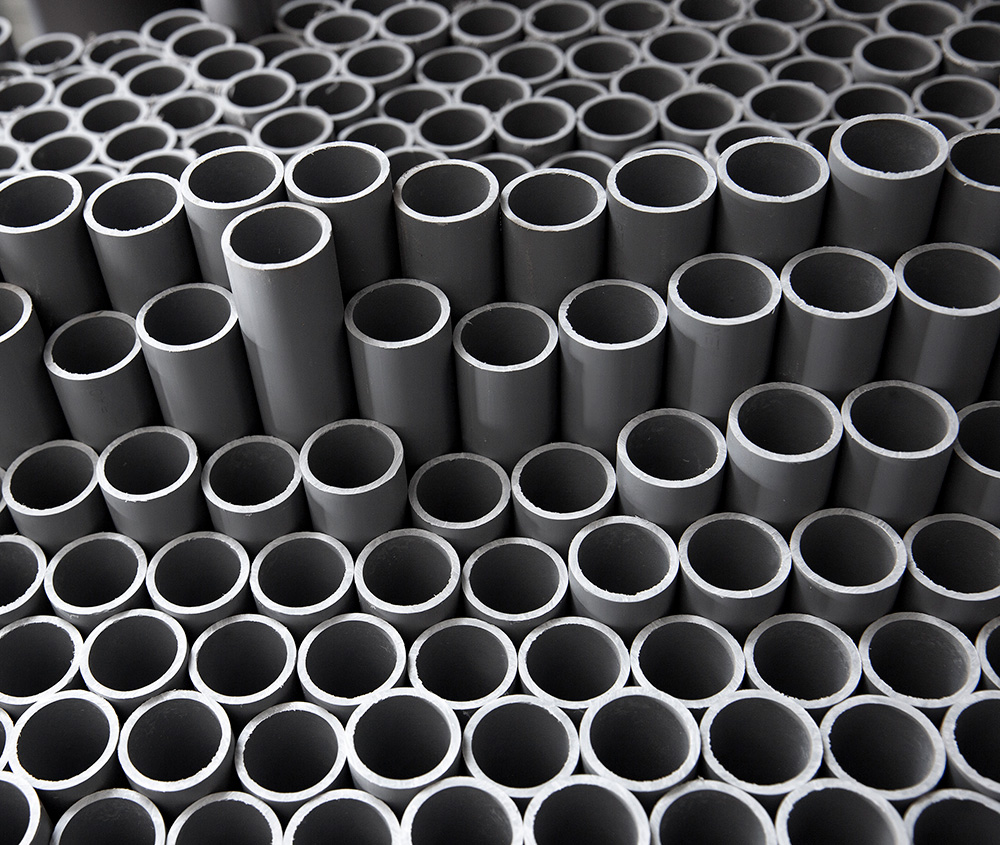
Why Carbon Steel?
For Strength and Versatility: Made from an iron and carbon alloy, carbon steel pipes are widely used in industrial and construction applications. Renowned for their strength and durability, these pipes come in different grades, suitable for a range of applications, including hot water systems, steam systems, and chemical processing. Galvanization can enhance their corrosion resistance and extend service life, making them prevalent in chemical processing, oil and gas production, and applications requiring high temperatures and pressures.
Carbon steel vs stainless steel,
which one to choose?
To ensure long-term success, it is crucial to select the right pipes for your project. Let's compare the properties of carbon steel and stainless steel pipes to help you make an informed decision based on their advantages and disadvantages.
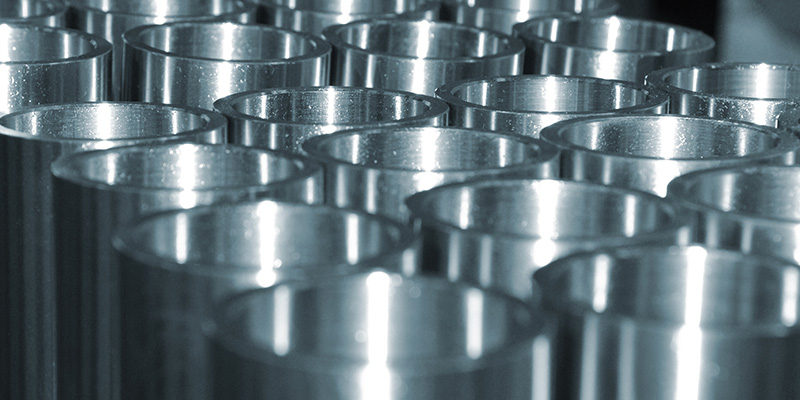
Weight of the Material
Read More >If you compare carbon steel vs stainless steel weight difference, the pipes made up of Stainless steel are generally lighter than carbon steel pipes, making them easier to transport, install, and maintain. Their corrosion resistance adds to their longevity, while the ease of cutting and drilling makes them preferable for projects where weight plays a significant role.
Read Less
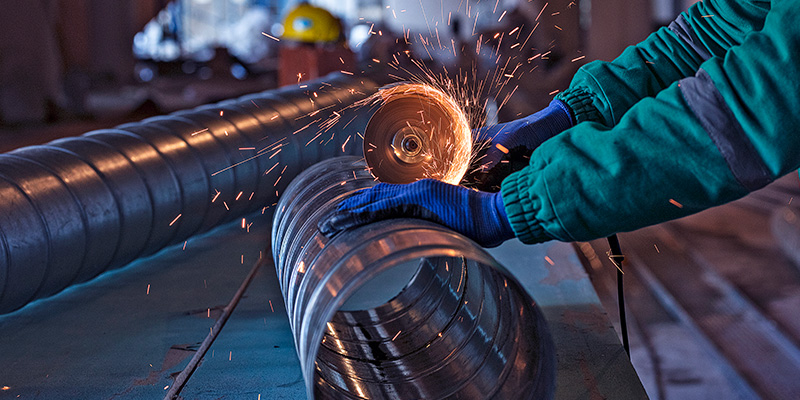
Hardness of the Material
Read More >If you consider the hardness stainless steel vs carbon steel, the pipes made up of carbon steel exhibit greater hardness than stainless steel pipes, making them suitable for projects requiring exceptional strength and durability. Carbon steel's resistance to wear and tear ensures extended lifespan. However, stainless steel's superior corrosion and rust resistance make it the preferred choice for applications involving frequent contact with liquids.
Read Less
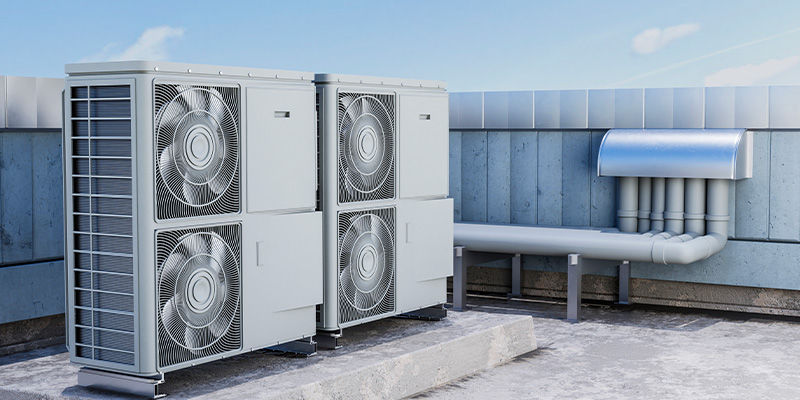
Thermal Conductivity
Read More >The thermal conductivity of stainless steel vs carbon steel is important when deciding which type of pipe to choose. Carbon steel pipes excel in thermal conductivity, transferring heat efficiently. This feature makes them ideal for applications demanding rapid heat transfer, such as power plants and industrial refrigeration systems.
Read Less
Conclusion
While selecting between carbon steel and stainless steel, it is important to consider the material's weight, hardness, and thermal conductivity. Stainless steel is generally more versatile than carbon steel and is often the better choice for various applications. It is also less likely to corrode or rust, making it a more durable option. Ultimately, choosing the right material for your project depends on your specific needs and goals.
